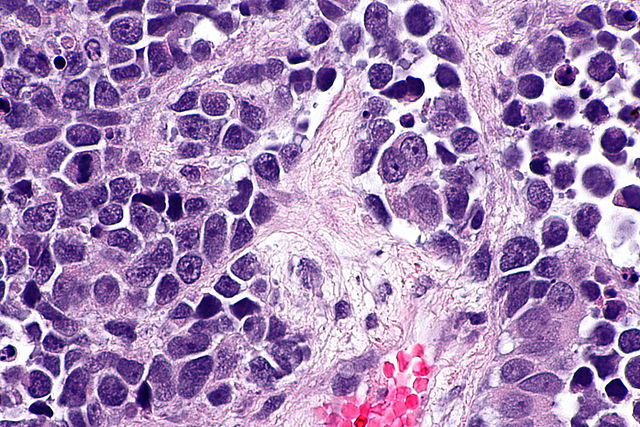Potential DNA damage from CRISPR has been ‘seriously underestimated,’ study finds
By Sharon Begley,
Stat
| 07. 16. 2018
From the earliest days of the CRISPR-Cas9 era, scientists have known that the first step in how it edits genomes — snipping DNA — creates an unholy mess: Cellular repairmen frantically try to fix the cuts by throwing random chunks of DNA into the breach and deleting other random bits. Research published on Monday suggests that’s only the tip of a Titanic-sized iceberg: CRISPR-Cas9 can cause significantly greater genetic havoc than experts thought, the study concludes, perhaps enough to threaten the health of patients who would one day receive CRISPR-based therapy.
The results come hard on the heels of two studies that identified a related issue: Some CRISPR’d cells might be missing a key anti-cancer mechanism and therefore be able to initiate tumors.
The DNA damage found in the new study included deletions of thousands of DNA bases, including at spots far from the edit. Some of the deletions can silence genes that should be active and activate genes that should be silent, including cancer-causing genes.
The DNA chaos that CRISPR unleashes has been “seriously underestimated,” said geneticist Allan...
Related Articles
By Mary Annette Pember, ICT News [cites CGS' Katie Hasson] | 04.18.2025
The sight of a room full of human cadavers can be off-putting for some, but not for Haley Omeasoo.
In fact, Omeasoo’s comfort level and lack of squeamishness convinced her to pursue studies in forensics and how DNA can be...
Gray wolf by Jessica Eirich via Unsplash
“I’m not a scarcity guy, I’m an abundance guy”
– Colossal co-founder and CEO Ben Lamm, The New Yorker, 4/14/25
Even the most casual consumers of news will have seen the run of recent headlines featuring the company Colossal Biosciences. On March 4, they announced with great fanfare the world’s first-ever woolly mice, as a first step toward creating a woolly mammoth. Then they topped that on April 7 by unveiling one...
By Katrina Northrop, The Washington Post | 04.06.2025
photo via Wikimedia Commons licensed under CC by 3.0
China's most infamous scientist is attempting a comeback. He Jiankui, who went to jail for three years after claiming he had created the world's first genetically altered babies, says he remains...
By Anumita Kaur [cites CGS’ Katie Hasson], The Washington Post | 03.25.2025
Genetic information company 23andMe has said that it is headed to bankruptcy court, raising questions for what happens to the DNA shared by millions of people with the company via saliva test kits.
Sunday’s announcement clears the way for a new...




